Best PhD Programs and Labs for Organic Chemistry
Choosing the best PhD program and lab for organic chemistry requires balancing program prestige, advisor reputation, lab environment, and personal career goals. Excellence in research, mentoring, and lab culture together determine the success of a doctoral experience.
Holistic Approach to Choosing a PhD Program and Laboratory
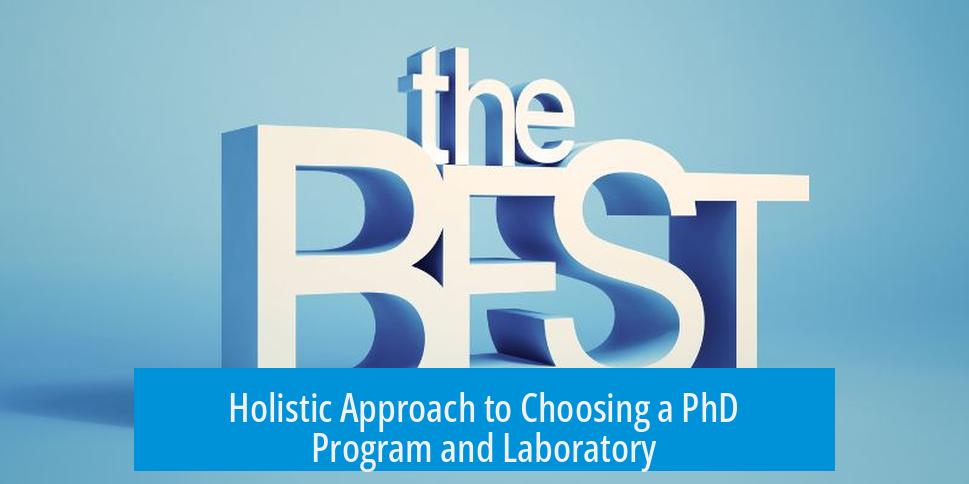
Selecting a PhD program entails more than the school’s name. Evaluate the institution, advisor, lab colleagues, and project compatibility as a whole.
- If any of these components clash, the PhD journey may become difficult.
- Discuss experiences with current third-year graduate students for realistic insight.
- Advisor reputation often outweighs the school’s ranking in graduate career outcomes.
Work expectations and lab culture are also critical. For instance, acceptable weekly lab hours vary from 5 twelve-hour days to even six ten-hour days plus a half-day Sunday. Compatibility with workload demands is crucial.
Lab Culture and Dynamics

Lab environment quality can be subtly indicated by communal habits, such as how music preferences influence atmosphere.
- A cohesive music environment may indicate social and collaborative lab culture.
- Conversely, disconnected music preferences might reflect isolation and poor teamwork.
Toxic labs exist even in top-ranked universities. Cases of harsh criticism or hostile interactions can severely impact mental health and productivity.
Top US Organic Chemistry Labs and Principal Investigators
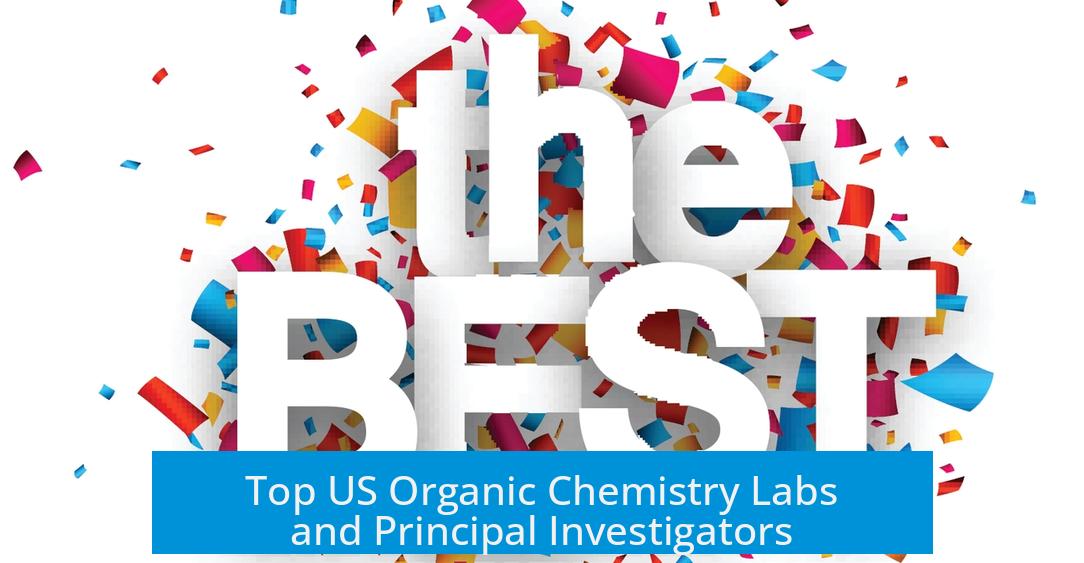
The United States hosts numerous world-leading labs primarily focused on total synthesis, methodology, and medicinal chemistry.
| PI Name | Institution | Research Focus |
|---|---|---|
| Phil Baran | Scripps | Total Synthesis |
| Sarah Reisman | Caltech | Total Synthesis |
| Richmond Sarpong | UC Berkeley | Total Synthesis |
| Brian Stoltz | Caltech | Total Synthesis |
| Ryan Shenvi | Scripps | Total Synthesis |
| John Wood | Baylor | Total Synthesis |
| Neil Garg | UCLA | Total Synthesis |
| Scott Snyder | University of Chicago | Total Synthesis |
| Hans Renata | Scripps & Rice | Total Synthesis |
| Dirk Trauner | UPenn | Total Synthesis |
| Joseph Krische | UT Austin | Synthetic Methodology |
| David Sarlah | University of Illinois | Synthetic Methodology |
| Thomas Maimone | UC Berkeley | Total Synthesis |
| Timothy Newhouse | Yale | Total Synthesis |
| Seth Herzon | Yale | Total Synthesis |
Some labs are better suited for a career in industry, others for academia. Consider personal career plans when choosing.
Other US Programs with Specific Organic Chemistry Strengths

Besides elite institutions, several US universities have solid organic chemistry programs with supportive research environments.
- Kansas State University (KState): Smaller program but strong mentorship from professors Ryan Rafferty and Socrates Munoz.
- Colorado State University: Methodology focus with robust research opportunities.
- Big Ten Universities: Solid programs, large cohorts, though some labs have mixed reputations (e.g., Wisconsin-Madison).
- University of California, Riverside: Focus on medicinal chemistry.
- University of California, Davis: Programs integrating protein and amino acid chemistry.
- Purdue University: Well-regarded labs with excellent training.
Choosing institutions involved in your specific interest is critical.
A Look Beyond the US: International Opportunities
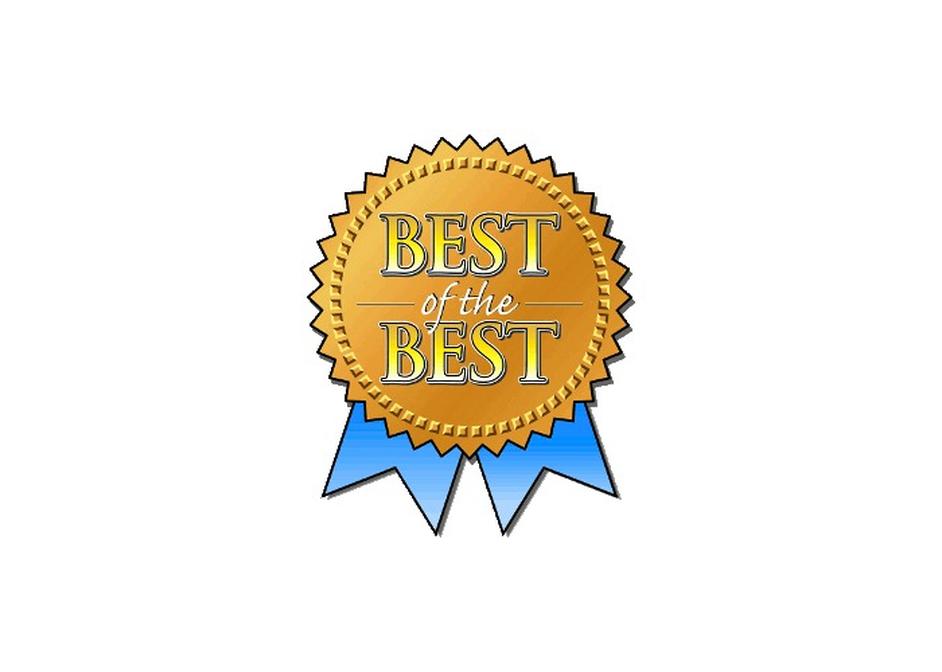
Exploring PhD options abroad broadens perspectives and can afford a better work-life balance.
- Europe: Countries like the Netherlands offer strong organic chemistry programs (e.g., Utrecht University) with collaborative labs and respectful working hours.
- Typical workweeks are around 40 hours, allowing a balance between research and personal life.
- University rank abroad matters less than professional connections and recommendations from professors.
- Many report less toxic lab environments compared to some US labs.
International programs offer a vibrant research culture and fresh academic experiences.
Considering Rankings and Their Role
US News and similar rankings provide a rough idea of program prestige. Berkeley, Caltech, Harvard, MIT, Stanford, Scripps, and University of Wisconsin-Madison rank highly in organic chemistry.
However, rankings do not reflect the local lab environment or advisor quality.
- Top-ranked institutions can harbor toxic labs.
- Lower-ranked programs can have excellent mentors and collaborative environments.
- Your personal network, advisor rapport, and project fit outweigh ranking metrics.
Summary of Key Points
- Advisor Reputation Matters Most: Establishing a strong, supportive relationship with your advisor affects your success and future opportunities.
- Lab Culture Is Crucial: Positive peer relationships, reasonable work expectations, and respectful communication enhance the PhD experience.
- Top US Programs Include: Scripps, Caltech, Berkeley, Yale, and University of Chicago with notable synthetic chemistry labs.
- Consider Other US Institutions: Programs like KState, Colorado State, and Purdue offer high-quality mentorship in organic chemistry.
- International Options Are Valuable: European universities provide strong research and better work-life balance.
- Rankings Are Not Definitive: Investigate specific labs and advisors beyond general program prestige.
Best PhD Programs and Labs for Organic Chemistry: Beyond the Rankings and Straight to the Bench
Choosing the best PhD program and lab for organic chemistry boils down to more than just university prestige. It hinges on the complete package—the school, your advisor, lab culture, and most importantly, your project. Picking the right fit isn’t just about glossy rankings or big names. It’s about setting yourself up for a successful and sane PhD journey.
Sounds obvious, right? Yet, around 80-hour workweeks paired with a toxic environment can turn even the most stellar program into a nightmare. So, how do you navigate this maze?
Picking Your PhD Program: It’s a Total Package Deal
Start by looking at everything. The school’s reputation matters, but your advisor matters more. Why? Because your advisor’s name often opens doors far beyond the ivory tower. Working with a respected PI means better networking and career opportunities. However, a famous lab doesn’t guarantee a happy life. Ever heard Scripps or MIT are synonymous with high-pressure environments? Yup, that reputation matters too.
Lab dynamics are crucial. Ever walked into a lab and the music is all over the place — one guy blasting death metal, another on classical piano? Guess what: your ears don’t lie. The music climate often mirrors the lab’s social vibe. Labs that don’t sync on music often don’t sync on collaboration either. You’ll want a place where people actually talk, help each other, and share discoveries over more than just lab equipment.
Ask the Third Years, They Hold the Truth
First-year students have stars in their eyes; fourth and fifth years might be grumbling about the past. Third years, though? They’re the overstressed middle children with the inside scoop. Asking them, “Would you choose this lab again knowing what you know now?” is your shortcut to honest answers. Ignore their tales at your own peril.
Clear Your Schedule—You’ll Need It
Workload expectations vary wildly. Some labs demand 5 twelve-hour lab days, others sneak in evenings from 7-10 pm, five times a week. And some throw you a half-day Sunday for good measure. Know this upfront. If you can’t meet lab demands — or worse, get burned out early — your project will suffer. Don’t sign up for “work-camp” if you value your sanity.
US Labs with Legendary Organic Chemistry Programs
If total synthesis is your calling, the US has thrilling options. Scripps, Caltech, UC Berkeley, and Yale boast powerhouse PIs pushing boundaries. Names like Phil Baran at Scripps or Sarah Reisman at Caltech don’t just lead labs; they revolutionize methodologies and inspire the next generation.
| PI | Institution | Focus |
|---|---|---|
| Phil Baran | Scripps | Total Synthesis, Methodology |
| Sarah Reisman | Caltech | Total Synthesis |
| Richmond Sarpong | UC Berkeley | Total Synthesis |
| Brian Stoltz | Caltech | Total Synthesis |
| Ryan Shenvi | Scripps | Total Synthesis |
| John Wood | Baylor | Total Synthesis |
| Neil Garg | UCLA | Total Synthesis |
| Scott Snyder | University of Chicago | Total Synthesis |
| Hans Renata | Scripps & Rice | Total Synthesis |
| Dirk Trauner | UPenn | Total Synthesis |
| Krische | UT Austin | Total Synthesis & Catalysis |
| David Sarlah | University of Illinois | Total Synthesis |
| Thomas Maimone | UC Berkeley | Total Synthesis |
| Timothy Newhouse | Yale | Total Synthesis |
| Seth Herzon | Yale | Total Synthesis |
Choosing among these is less about the prestige and more about the fit—lab culture, location, and your aspirations. Some labs gear more toward academia, others point you to industry.
Looking Beyond the Ivy Leagues and Big Names
Not every dream lab flies a Harvard or Stanford banner. Ever heard of Kansas State University (KState)? It’s not in the limelight but houses great mentors like Ryan Rafferty and Socrates Munoz. These relationships can make or break your academic network.
Other strongholds include Colorado State University, especially if you lean towards methodology, and the Big Ten schools. UW Madison, for example, combines solid organic programs with comfortable living. UC Riverside and UC Davis offer niches in medicinal chemistry and amino acid/ protein-related organic research. Purdue rounds out the list with solid research labs that don’t get enough spotlight.
Why Consider International PhD Programs in Organic Chemistry?
Here’s a wild thought: why stick to the US? The Netherlands, particularly Utrecht University, offers excellent organic chemistry programs with a lab culture that’s friendly and collaborative. No sweat over 80-hour weeks either. The 5-day, 8-hour workweek arguably lets you have a life outside the lab while still earning a top-notch PhD.
Across Europe, university prestige often takes a backseat to personal references from mentors. Strong networks trump brand names. Getting to know your professors well can land you a sweet job afterwards, sometimes more effectively than an Ivy League degree.
With the US facing recurring stories of toxic lab environments, Europe offers a fresh alternative with its focus on healthier work-life balance. If you want top research without the burnout, thinking global might be the smartest move.
Don’t Let Rankings Steer Your Ship Blindly
US News rankings often name schools like Berkeley, Caltech, Harvard, MIT, Stanford, UW Madison, and Scripps in the top tier. And yes, these schools have stellar programs. But here’s the catch: rankings don’t guarantee lab happiness or mental health.
Good labs exist at lower-ranked schools. Likewise, highly ranked labs can harbor toxicity. Your personal network and how well your research interests align matter much more. In the end, working for an advisor who respects and supports you shapes your PhD experience more than any label on your diploma.
Final Thoughts: What Should You Ask Yourself?
- Do I have a clear idea of the lab environment and interpersonal dynamics?
- Can I meet the demanding work expectations without wrecking my health?
- Which advisor’s research excites me, and whose mentorship style fits my personality?
- Am I prioritizing my future career path—industry, academia, or other—when choosing my lab?
- Should I broaden my horizons internationally to find a better fit?
To those embarking on this PhD quest: remember that it’s more than a name on a building or university ranking. Your daily lab life, the people you work with, and the mentor steering your research will forge your path much more powerfully. Choose wisely, ask tough questions, and never underestimate the power of a positive lab culture. Your doctoral life will thank you.
What factors should I consider when choosing a PhD program and lab for organic chemistry?
Look at the school, advisor, colleagues, and project together. Lab environment and workload matter a lot. Ask current students to gauge the real experience. Advisor reputation often outweighs school name.
Which US labs and PIs are known for excellence in total synthesis?
Notable PIs include Phil Baran (Scripps), Sarah Reisman (Caltech), Brian Stoltz (Caltech), Ryan Shenvi (Scripps), and Timothy Newhouse (Yale). These labs are top-tier but lab culture varies greatly.
Are toxic lab environments common in top organic chemistry programs?
Toxicity can appear even in highly ranked labs like those at Scripps or MIT. Long hours and harsh PIs are reported. Consider lab culture and work-life balance before committing.
Is it beneficial to pursue organic chemistry PhD programs outside the US?
Yes. European programs, for example at Utrecht University, offer better work-life balance and friendly lab cultures. Personal connections matter more than university brand for future career options.
How reliable are rankings for choosing the best organic chemistry PhD program?
Rankings like US News are somewhat accurate for top schools but don’t reflect lab environment or advisor quality. Fit with research interests and advisor compatibility is more important than rank.


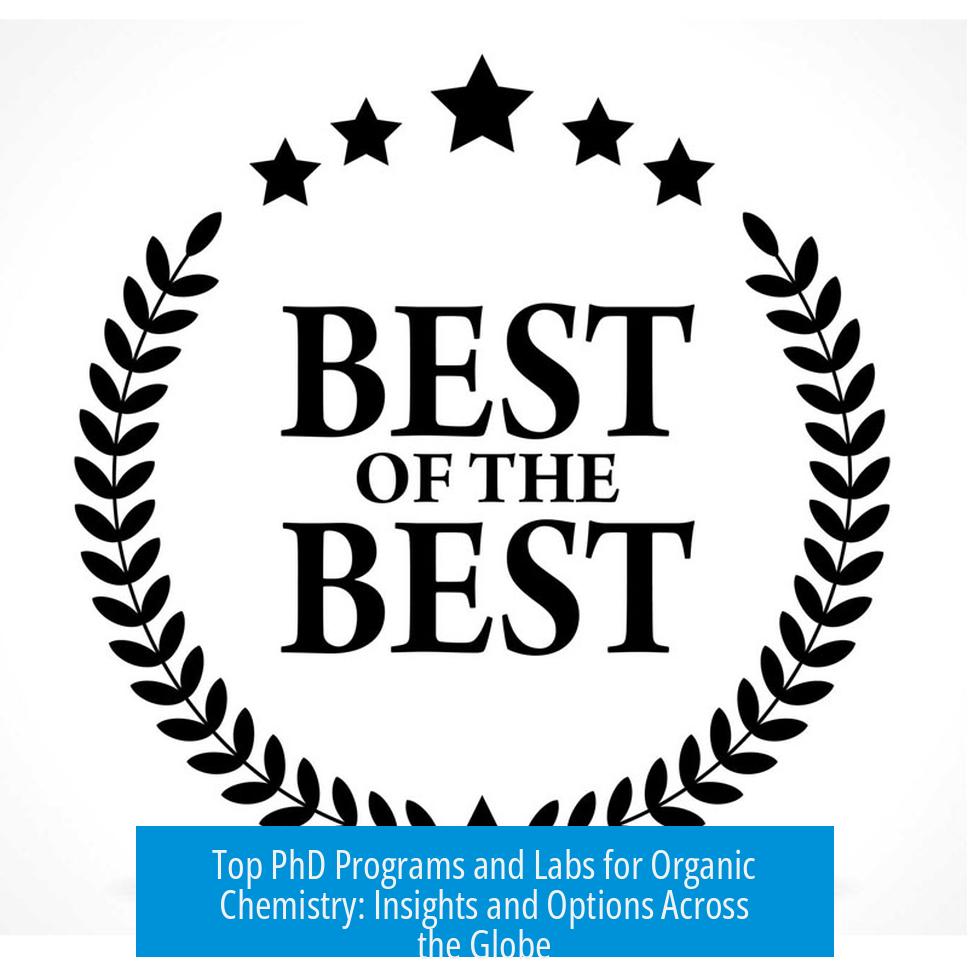
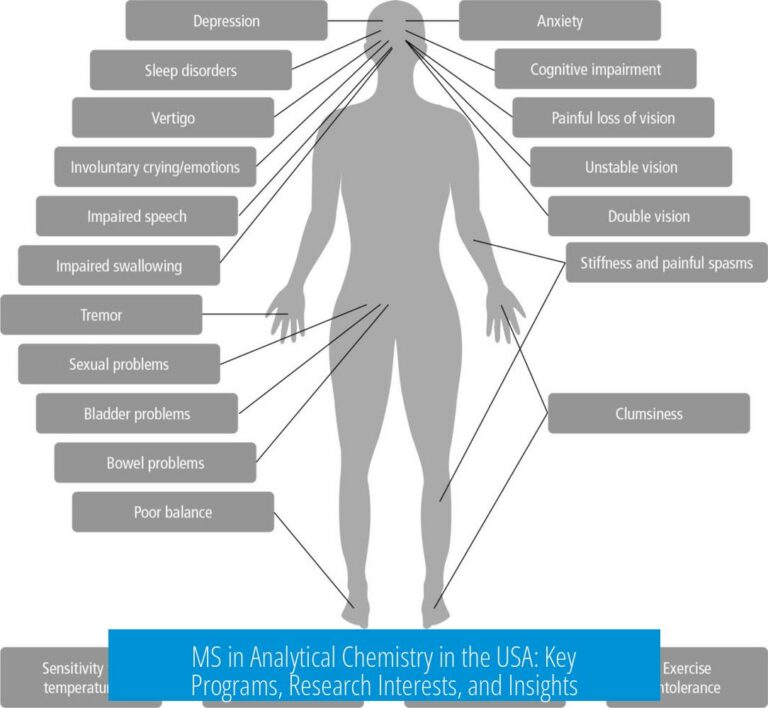
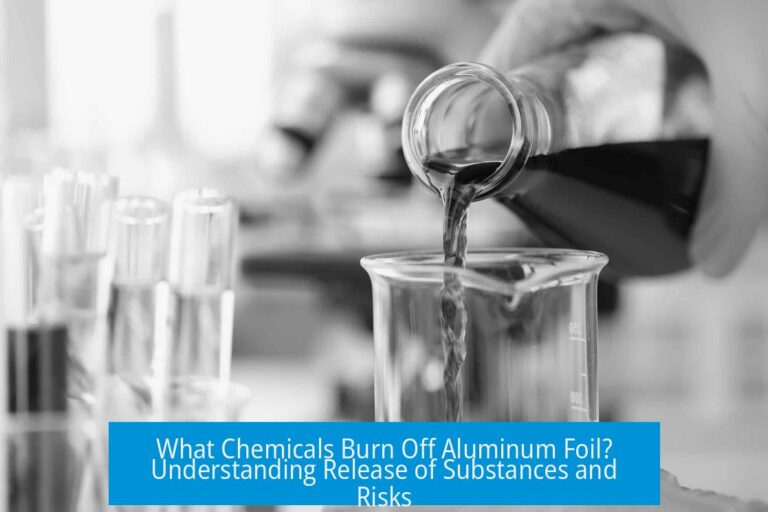
Leave a Comment